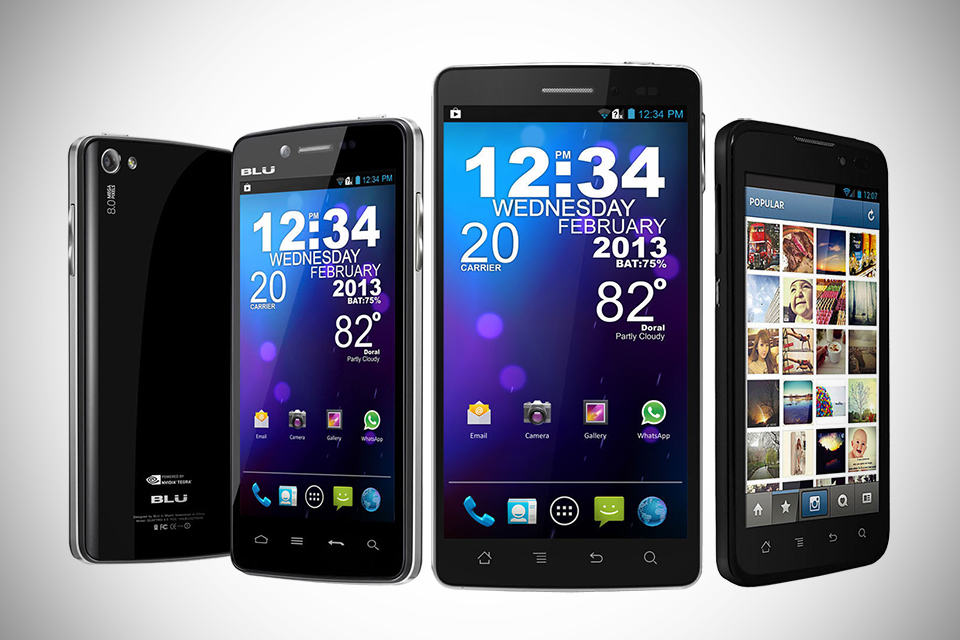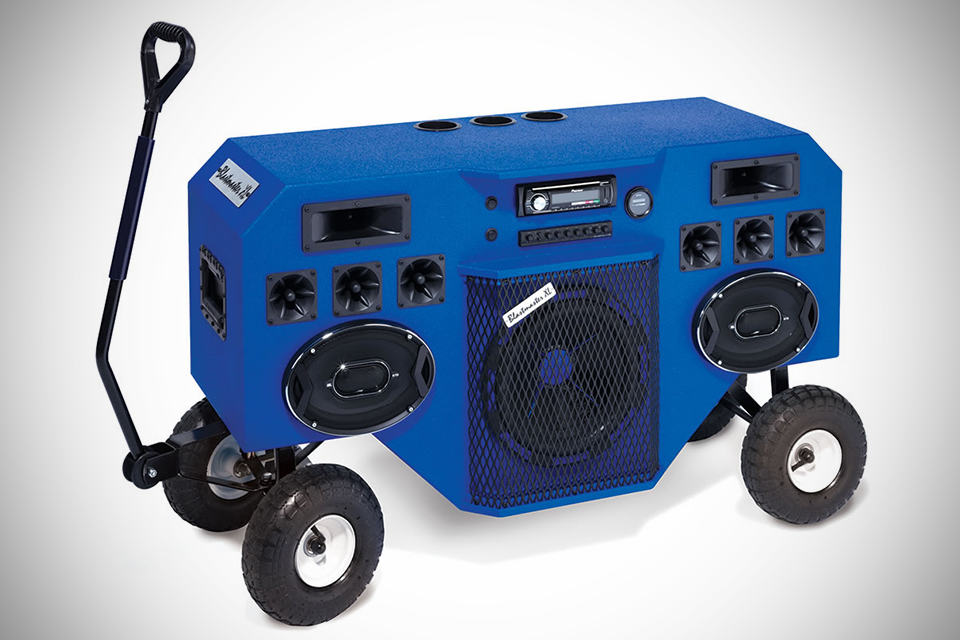Buying a preowned computer like a desktop or a laptop is an excellent way to get a useful machine without breaking the bank. But there are some precautions you should take before completing the purchase. For example, you don’t want a machine that lacks power, has hardware issues, or has malware hiding inside. Here are some tips that can help you make an informed decision.

1. Check for Faults
Whether you’re buying a desktop or a laptop, watch out for the following signs:
• The fans are very noisy
• The ports aren’t working
• WiFi or Bluetooth is faulty
• The computer takes a long time to boot
• You see the blue screen of death
• Programs start and run sluggishly
Additionally, perform a laptop inspection and look for the following issues:
• Faulty keyboards
• Faulty charging
• Runs very hot without cause
• Screens have cracks or signs of repair
• Screens have dead zones
• Unexpected shutdowns
• The screws on the back show signs of tampering
2. Look for Adequate Hardware
Please ensure that the computer has suitable specs for your needs. For simple web browsing, most computers will do. But for a bit more work and play, you need a computer with a somewhat recent processor and enough RAM. Typically, 8 to 12 GB of RAM is sufficient for most modern computing needs. You may also want to upgrade the hard drive to a Solid-State Drive (SSD) for better performance.
3. Run Hardware Tests
You can run some hardware tests to ensure that the computer has no unseen issues, even if you’re short on time. You can complete a quick RAM check, hard drive check, and video card check within an hour with the right software.

4. Reinstall Windows
You may consider formatting the storage drives and installing a fresh copy of windows to get a clean start. You never know if a preowned computer has malware, bloatware, or other potentially unwanted programs (PUPs). Malicious software can cause privacy and security issues. It can also impact your computer and your Internet connection’s performance.
Remember, it’s essential to upgrade to a licensed copy of Windows if the computer has a pirated operating system. One of the most severe issues with pirated software is that it misses out on critical security patches. Such patches plug flaws that cybercriminals prefer to exploit.
5. Run Anti-malware Software
If you don’t have the time or resources to install a fresh copy of Windows, or you don’t want to lose some programs after a format, then please take the following security measures:
• Return your computer to factory settings.
• Update the operating system to the latest version.
• Update all critical software to the latest version.
• Enable your firewall.
• Check the list of programs and remove suspicious applications, including bloatware.
• Use a free malware removal and scanning tool to remove viruses, worms, adware, spyware, and other malware from the computer.
Buying a preowned computer doesn’t have to end in tragedy if you take the appropriate steps. Check the computer for faults, ensure that it has the right technology for your requirements, and clean up the software to avoid security and privacy concerns in order to enjoy your purchase stress-free.
Featured image: Pexels (FOX).



